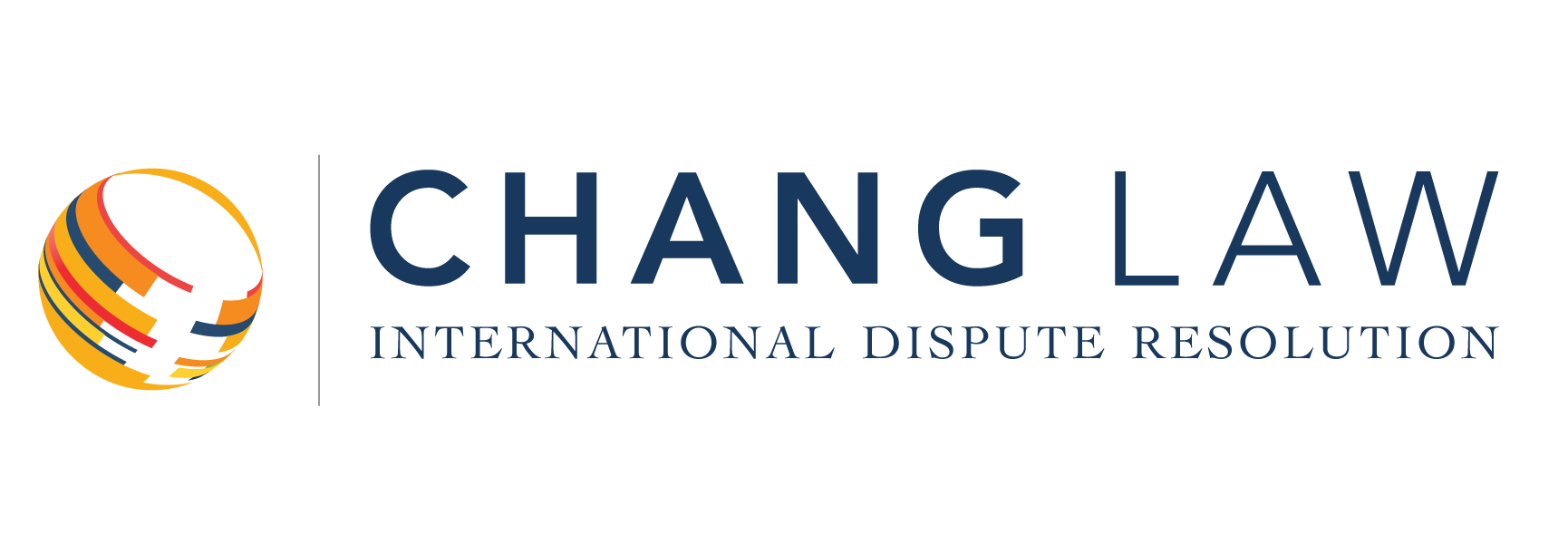
The New Hague Rules on Business and Human Rights Arbitration
The Permanent Court of Arbitration in the Hague hosted a symposium at the Peace Palace to debut the new Hague Rules on Business and Human Rights Arbitration on December 12, 2019. These rules permit arbitration of disputes regarding business activities that affect human rights. Their purpose is to fill the gaps of judicial remedy and dispute resolution avenues under the UN Guiding Principles on Business and Human Rights (UN Guiding Principles).
The Hague Rules came out of a five-year project, led by the Center for International Legal Cooperation (CILC) and headed by Judge Bruno Simma, formerly of the International Court of Justice. Alongside other practitioners and academics, the Working Group wrote the rules based on the UNCITRAL Arbitration Rules. However, the Working Group modified the rules to address the different characteristics of business and human right disputes to commercial disputes.
The Working Group noted that because these disputes often occur in regions with untrusted national courts and with a multi-national enterprise (MNE), the private system of arbitration will create a more fair and competent adjudicative process.
The Symposium at The Hague
The unveiling Symposium began with an opening from Professor Jan Eijsbouts of Maastricht University who noted some of the original purposes of the rules: an avenue for business to better comply with the UN Guiding Principles—particularly with the obligation to regard human rights through their corporate social responsibility.
Later, two Drafting Team members, Professor Ursula Kriebaum and Professor Steven Ratner, outlined issues between arbitration and human rights disputes using the traditional commercial arbitration model. They discussed how the new Hague Rules address inherent problems such as party autonomy and witness protection. Other members of the CILC team spoke about the use of the rules, unique provisions, and the benefit of implementing them to different stakeholders.
One example was Professor Massimo Benedettelli’s discussion of the appeal for MNEs to incorporate the Hague Rules into their public documents. However, two NGO representatives from the Centre for Research on Multinational Corporations pointed out that human rights violations victims may be unaccustomed to this type of procedure.
Although the Hague Rules on Business and Human Rights Arbitration are quite new, there is excitement in the community for this shift in scope of arbitrable subject matter. How the rules will be implemented and used by MNEs or practitioners will be the next step to watch.
